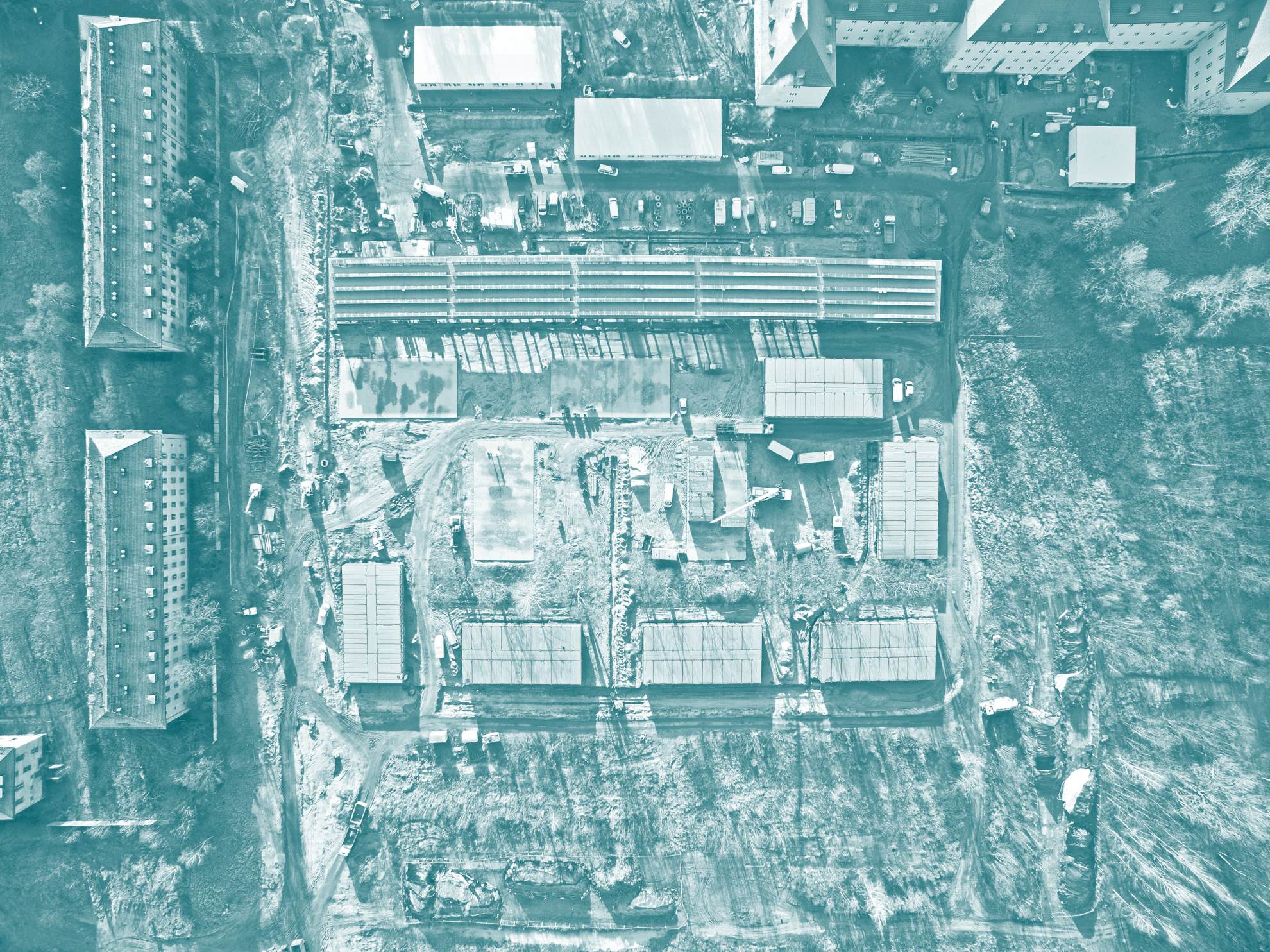19 June 2021 10:20 Decolonising Perspectives
Inquiring into (Portuguese) Colonial Heritage or how to be a Critical (Colonial) Heritage Researcher
Alice Santiago Faria (CHAM-FCSH/NOVA), Antonieta Reis Leite (University of Coimbra), Mafalda Pacheco (CHAM-FCSH/NOVA)
Colonial built environment represents the materialization of power relations and, ultimately architecture produced under colonial rule sets the stage for a complex and, at most times, violent interconnected history where alterity is contrived. This paper seeks to contribute to critical (colonial) heritage studies by conceptualizing contemporary appropriations of colonial heritage and theorizing about how colonial heritage is perceived and/or contested by colonized and colonizers historically and in post-colonial times.
Based on actors, places and spaces built across the old geography of the Portuguese Empire, their history, and the history of the uses they accommodate across time, our analyses will characterize and bring to the discussion several examples from territorial scale to urban fabrics and buildings. By studying and identifying the differences and similarities in how colonial architecture is perceived and appropriated across times and places, such as the Azores archipelago (Portugal), Goa (India), São Tomé (São Tomé and the Principe Republic) and Mozambique Island (Mozambique), we propose a rewriting of colonial architectural history that does not completely change the focus from a primarily imperial point of view to one primarily local, but rather embraces entanglements, interconnecting scales of approach.
Who decides what heritage is in the former colonial territories? How is this heritage perceived nowadays by local and outside eyes? How can research on colonial architectural history contribute to improving local development? Can built heritage be a tool for discussion promoting dialogue between colonial and post-colonial eras? Can colonial heritage ever be decolonized? Ultimately, we wish to come up with answers to these questions, recognizing that community participative processes are a key mechanism for decolonizing collective memory.
Alice Santiago Faria is a researcher (CEEC Individual 2017), coordinator of “Art and the Portuguese Overseas Expansion” group (2016–), and principal researcher of the TechNetEMPIRE project funded by FCT, at CHAM-FCSH/NOVA. Member of DecolDEV – Decolonising Development: Research, Teaching and Practice (COST Action CA19129). Graduated in Architecture (University of Coimbra, 1997), PhD in Art History (Université de Paris I, 2011). She was postdoctoral research fellow at CHAM-FCSH/NOVA, CIUCHT-UL and UNL (2012-2017), and visiting fellow at CSISP, Goldsmith (University of London, 2012).
Antonieta Reis Leite is a researcher (CEEC Individual 2018), co-coordinator of the research group CCARQ | Cities, Cultures, and Architecture at Centre for Social Sciences at the University of Coimbra. Invited Professor of history of architecture at the dARQ University of Coimbra. Member of DecolDEV – Decolonising Development: Research, Teaching and Practice (COST Action CA19129), researcher of TechNetEMPIRE project. Graduated in Architecture (Univ. Coimbra, 2000), DEA in Art History (University Pablo de Olavide - Spain, 2005), PhD in Architecture (2012). She was a postdoctoral research fellow at CES-UC e CHAM-FCSH/NOVA (2014–2020).
Mafalda Pacheco is a researcher at CHAM-FCSH/NOVA and full-time researcher in the project TechNetEMPIRE. Member of DecolDEV – Decolonising Development: Research, Teaching and Practice (COST Action CA19129). Graduated (2004), Master (2009) and PhD in Architecture (2018) from the IST/ULisboa, with a PhD scholarship funded by FCT (2012– 2016). She collaborated in architectural studios (2002–2010) in Portugal, Spain and Croatia with a scholarship funded by IAESTE (2004). Currently visiting professor in the Conservation, Restoration and Rehabilitation course of the Master in Architecture at FA/ULisboa.
